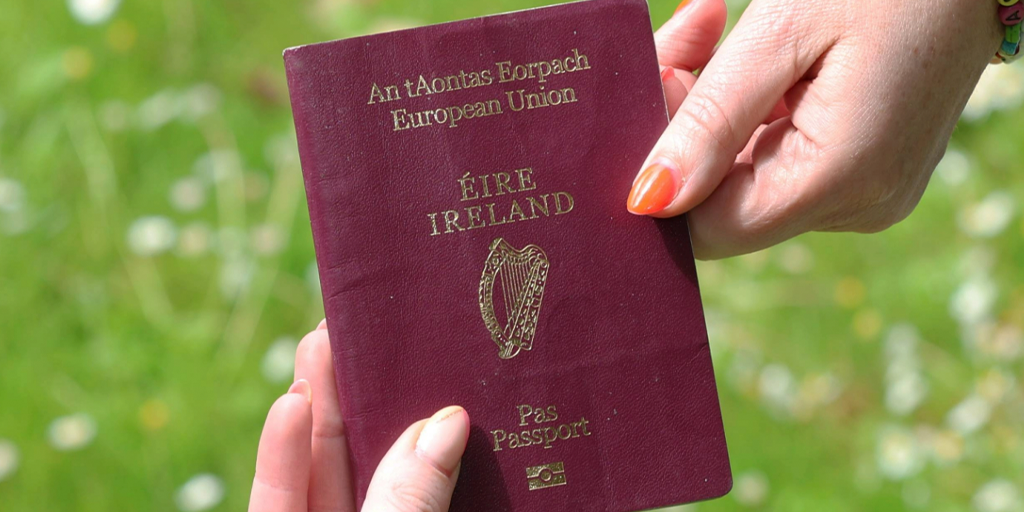In a landmark legal victory, two mothers from separate same-sex families have won their High Court cases against the Irish State, after it refused to recognise them as legal parents of their children and subsequently denied the children Irish passports. The ruling is expected to have far-reaching implications for the rights of same-sex couples and their families under Irish law.
The case centred on the citizenship rights of four children, all born outside of Ireland, to families where one parent is an Irish citizen. Known as Ms X and Ms Y, the Irish mothers sought to secure Irish citizenship for their children, who were born in Australia and Spain.
Despite being recognised as legal parents in their countries of residence, both women were denied recognition as parents under Irish law, leading to the subsequent refusal of passports for their children.
Under Section 7(1) of the Irish Nationality and Citizenship Act 1956 (amended in 2001), a child born abroad may claim Irish citizenship by descent, provided a parent is an Irish citizen. However, the Department of Foreign Affairs argued that the definition of “parent” excluded both women even in the case where Ms Y, the Irish citizen, was also the biological mother of her child born in Spain.
Justice Siobhán Phelan ruled that the State had acted incorrectly in denying the passport applications, finding that the Minister for Foreign Affairs had misinterpreted the legislation in a way that excluded one of the same-sex parents – the genetic mother who was legally recognised in her country of residence.
Justice Phelan acknowledged that current Irish law, through the Children and Family Relationships Act, does allow for the recognition of non-genetic mothers in cases involving donor-assisted human reproduction (DAHR), but only when the child is born in Ireland or under limited, prescribed circumstances.
Crucially, she noted there is no existing provision that permits recognition of parentage from birth for children born abroad via DAHR, even when such parentage is fully recognised under the local law.
The High Court’s decision highlights a significant legal gap for same-sex parents and their families and may prompt legislative reform. The judgement confirms that the Irish State cannot refuse citizenship to children of Irish citizens in same-sex relationships solely due to their parents’ gender or the place of the child’s birth, setting a precedent for future cases.
Speaking about the ruling, William McLoughlin, who represented the couples alongside Conor Power SC, said: “This is going to have a profound effect on many other same-sex families.”
© 2025 GCN (Gay Community News). All rights reserved.
Support GCN
GCN is a free, vital resource for Ireland’s LGBTQ+ community since 1988.
GCN is a trading name of National LGBT Federation CLG, a registered charity - Charity Number: 20034580.
GCN relies on the generous support of the community and allies to sustain the crucial work that we do. Producing GCN is costly, and, in an industry which has been hugely impacted by rising costs, we need your support to help sustain and grow this vital resource.
Supporting GCN for as little as €1.99 per month will help us continue our work as Ireland’s free, independent LGBTQ+ media.
